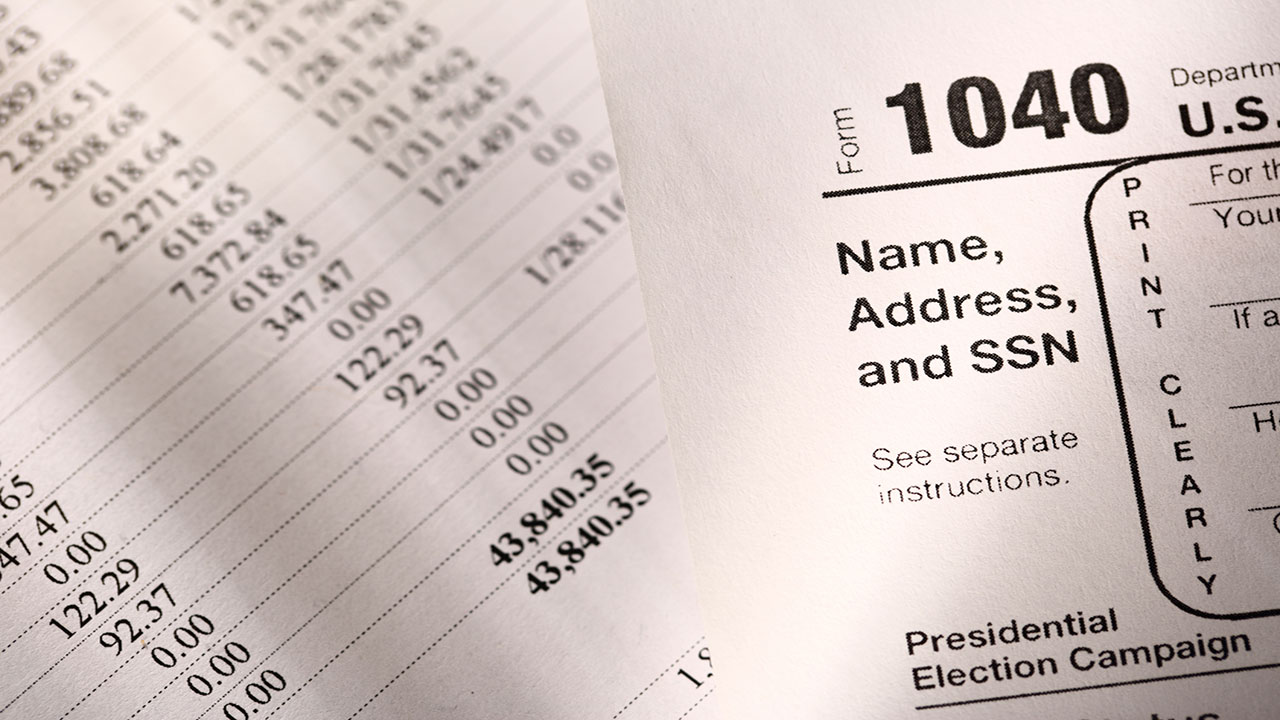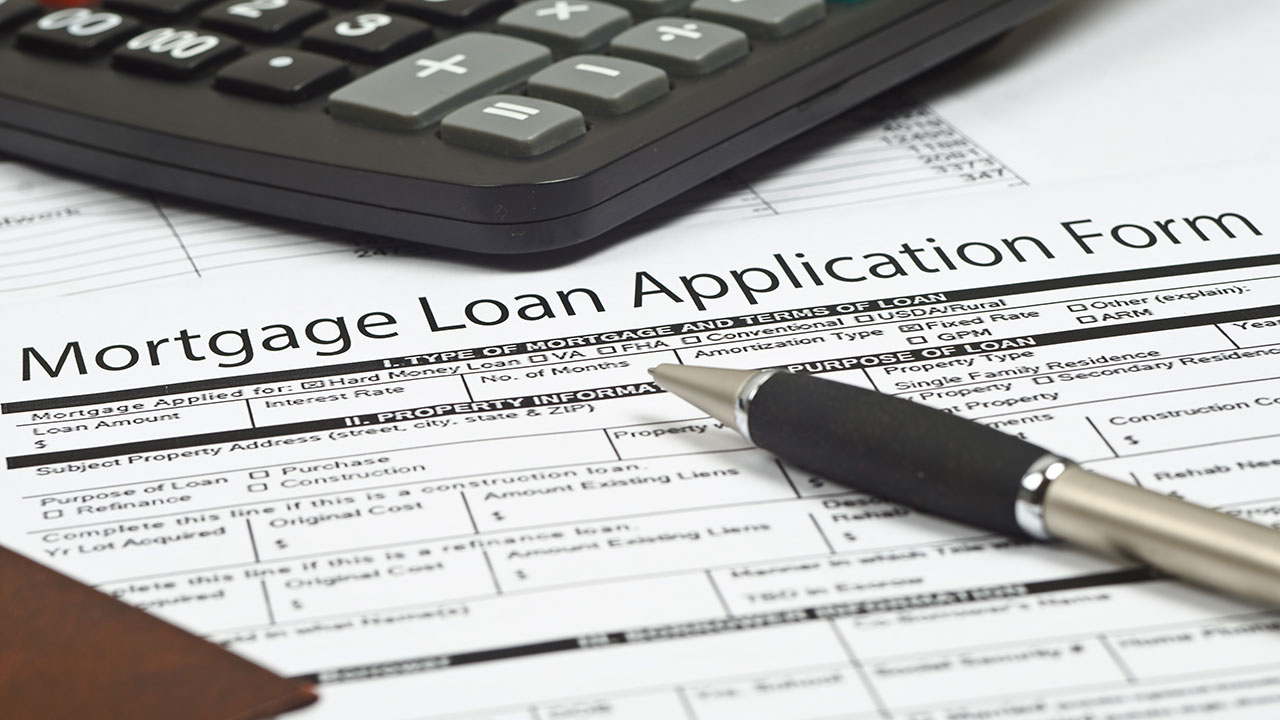Self-Employed? Here’s How to Boost the Odds of Mortgage Approval

When it comes to getting a mortgage, borrowers are typically asked to present several pieces of documentation. Some of the more important paperwork includes a letter of employment from your employer as well as statements of income verifying how much you make on a regular basis.
But if you’re self-employed, you don’t have an employer, nor do you collect any paystubs that show your regular income. This can be a problem in terms of applying for a mortgage. Some lenders might be worried that your income isn’t steady enough to allow you to handle monthly mortgage payments. Others just might not want the hassle of dealing with more documentation that’s often required to scope out a self-employed individual before approving a home loan.
That said, you don’t have to toss out your dreams of buying a home and getting a mortgage just because you work for yourself. If you are confident that you can handle a mortgage, there are several things you can do to increase the chances of getting approved for a home loan.
Gather a Sizable Down Payment

The more money you have to use as a down payment towards a home purchase, the better your odds of getting approved for a mortgage. That’s because a larger down payment will essentially reduce the amount of money borrowed, which will reduce your loan-to-value ratio (LTV). A lower LTV is perceived as less of a risk to most lenders, thereby increasing the odds of home loan approval.
Not only that, a higher down payment will also afford you with a lower interest rate. While a high LTV doesn’t necessarily mean your mortgage application will be denied, it could make it more difficult to get approved for a home loan at a decent rate.
Show Proof of a Large Savings Account
In addition to a large down payment, a healthy savings account will please lenders and give them some assurance that you have enough money in an emergency fund to prevent any missed payments should you have a bad month or two with your business. The more money you have saved up for a rainy day, the better your chances of an approved home loan application.
Work on Your Credit Score

Your credit score plays a key role in your mortgage application. A high score shows lenders that you’re capable of making your debt payments on time and in full each month and are serious and responsible about paying down your debt. A lower score, on the other hand, has the opposite effect.
If your score could use some improvement, take the time to increase it before applying for a mortgage. Don’t miss any bill payments, minimize the amount you spend on your credit card, and avoid taking out new credit accounts. Improving your score will make you a good candidate for mortgage approval in the eyes of your lender, and it may also help you get a lower interest rate too.
Have All Your Business-Related Information Readily Available
As a self-employed individual, you’ll have to come up with plenty of documentation to prove you’re financially sound. Typically, lenders want the following documents from applicants who run their own businesses:
- Minimum of two years’ worth of tax returns (including all associated schedules)
- Profit and loss statements
- Balance sheets
The more documentation associated with your business’s income that you can supply, the better your chances of qualifying for a mortgage.
Don’t Write Off Too Much

As a business owner, you probably try to write off as much as you can to save money at tax time. However, it’s important to keep in mind that deducting from your taxes lowers your qualifying net income, which can therefore make it more challenging to get approved for a home loan.
Lenders will be looking at your net income over the past two years, and if you deduct too much from your gross income, your debt-to-income ratio (DTI) will suffer. While it’s beneficial to save some money by deducting business expenses from your taxes, you don’t want to write off too much to the point that your income won’t appear adequate enough to sustain a mortgage.
Pay Down as Much Debt as Possible
Too much debt will throw off your debt-to-income ratio and will make you seem like a risky borrower to lenders. The more you’re able to pay down your debt, the lower your DTI will be and the better your odds of getting approved for a mortgage. Not only that, but making your mortgage payments will be easier for you if you’re not drowning in debt.
Have Separate Personal and Business Accounts

Lenders will have to verify that the money being used for your down payments won’t negatively impact your business’s cash flow. This process of verification can be complicated if the money you use comes from one account that is used for both personal and business purposes. For this reason, it can be helpful if you separate your money into personal versus business accounts to make the process less cumbersome for everyone involved.
Keep Detailed and Up-to-Date Records
You may be required to submit a profit and loss statement, so properly classifying your income and expenses in great detail is very helpful. Maintaining good records can reduce any headaches when it comes time to provide the information your lender requests.
Wait Until You’ve Got a Solid Self-Employment History

It might be worth it to wait a couple of years to apply for a mortgage if you’re just starting a business or if the past few years haven’t been too successful. If you’re able to prove to your lender that your business is on solid ground by showing at least two years of solid self-employment history, you may be able to boost your odds of mortgage approval.
The Bottom Line
Being self-employed might require you to submit a few extra types of paperwork compared to a W-2 wage earner, but that doesn’t mean getting approved for a mortgage should be an impossible feat.
Understand what is required of a self-employed individual well in advance of applying for a mortgage and go into the process prepared. Speak with a mortgage specialist long before you decide to buy a home to find out exactly what you need and what you should do to put yourself in the position for mortgage approval when the time comes to apply.